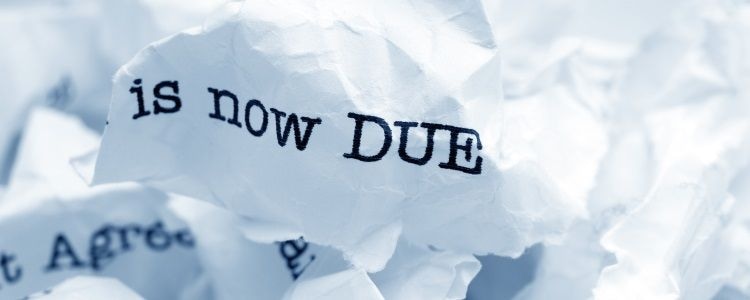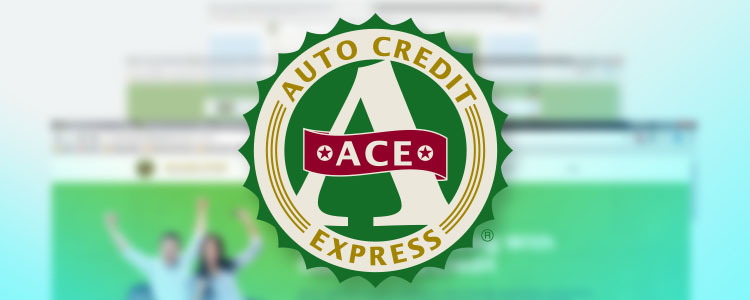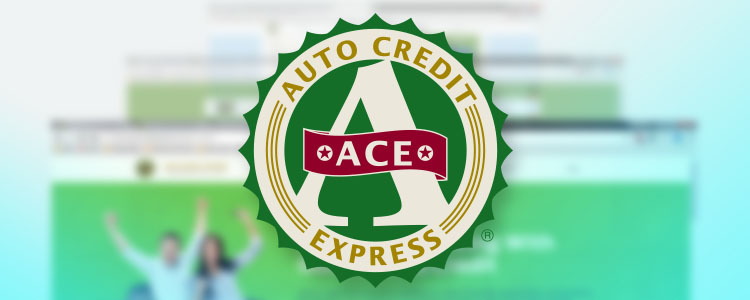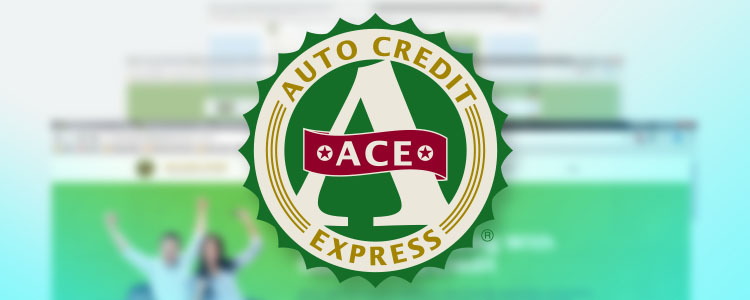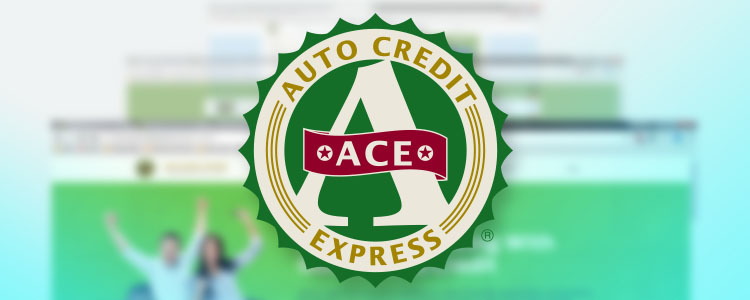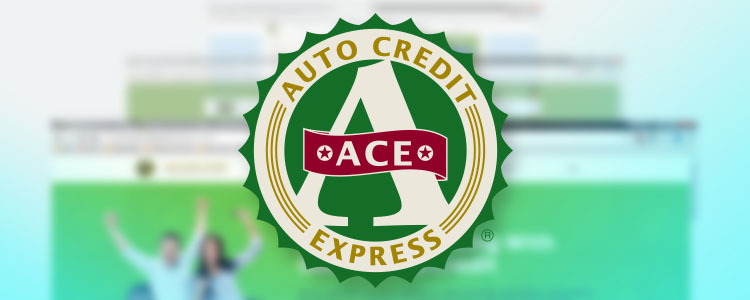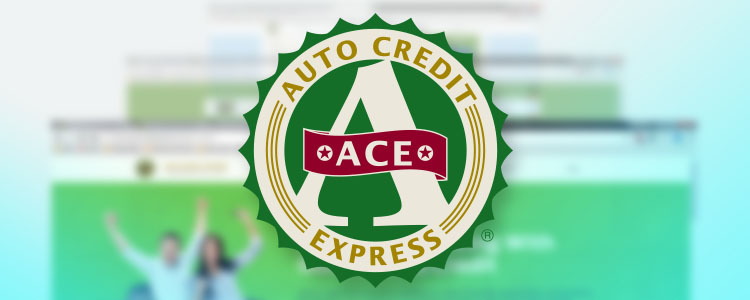We know how hard it is when you are dealing with past-due collections or current unresolved debts. When the time comes to make a purchase of an automobile, approval through a traditional dealership financing program can be difficult or impossible because of the negative marks on your credit report.
Getting a car loan with bills in collections through a traditional lender could be difficult, and even a subprime lender may turn you down if you have a significant amount of currently delinquent debt.
But if you have paid your debts off, there is good news. You can still get approved and, depending on your situation, you might be able to get financed as you would have if you were working with a traditional lender. Bad credit takes many forms, and some are more negative than others. Auto financing is out there for all credit types, and our team is here to give you more information to aid in your research.
However, the type of bad credit you have plays a role.
Bills in Collections

When you stop paying on an account for long enough and the company decides they don’t want to chase after the money owed, they often charge off or sell the debt to a collection agency. The agency will then try to collect the money owed from you.
It can be hard to deal with collectors calling or the letters they send. It can feel almost like you're drowning under the bills and hounding of the collection agency. Not to mention, bills in collections can stay on your credit report for up to seven years and negatively impact your credit score. This is in addition to any late payments and charge-offs that will also affect your credit.
However, consumers have some incentive to pay off accounts in collections, provided the debt is valid and the statute of limitations isn't up. FICO scoring models – the most widely used credit score – don't consider paid collection accounts. In other words, people who pay their bills (even those who made it into collections) will be given a better FICO score.
While bills in collections can still appear in your credit reports even after you've paid them off, there'll be a distinction. The balance owed on the account should be listed as "paid" on your reports, which is certainly better than seeing "owed" in the eyes of a lender.
Types of Bad Credit: Situational vs Habitual Bad Credit
First of all, there are two kinds of bad credit: situational and habitual. And the biggest issue for car buyers is finding a dealer that will distinguish between the two.
When you apply for a car loan, a lender will look at your credit reports and scores to get a glimpse of your financial history. While seeing bills in collections will concern a lender, they can also distinguish two distinct types of bad credit, so you can get a loan with collections. These types of credit are habitual bad credit and situational bad credit.
- Habitual Bad Credit – A form of bad credit in which a borrower has a history of consistent late payments or lack of payments. Lenders find it hard to trust a borrower with habitual bad credit because their track record shows they're a repeat offender. If you have had a history of credit abuse or have a habit of not paying your bills on time, you will fall into the category of having an habitual bad credit history. Behaviors usually include delinquent accounts, ranging from credit cards, bills and court-ordered decrees such as child support, multiple bankruptcies, and repossessions not associated with a bankruptcy. If you have done these things, this doesn't automatically mean that you can't get a loan. But, you will have a more limited selection of what you can buy, and it will likely be a selection of used vehicles.
- Situational Bad Credit – This is bad credit that's a result of a life event that changed a borrower's financial situation, such as job loss, divorce, or medical bills piling up as a result of injury or illness. After the event, the borrower falls behind on bills and the late payments add up and result in bad credit. And sometimes, it's a mixture of these situations. So, what you need to do is find a lender who will take into account how responsibly you handled your finances before the event and how you have conducted yourself since.
If a borrower was responsible for their bills before a situational event, a lender is often able to distinguish the difference between that type of bad credit and habitual bad credit. This certainly helps your cause if you need an auto loan.
Getting an Auto Loan with Bills in Collections
A lender may turn you down for a car loan because of bills in collections, and it'll be even tougher to get financed if you have a large amount of currently delinquent credit. In some cases, a lender may make the loan only if those outstanding collections are paid off.
So, if you need a car loan with bills in collections, it certainly helps to confront old debts and get current with past due balances. It'll also work in your favor if you work with a special finance lender.
Subprime lenders understand and are able to work through credit issues because they place importance on factors outside of credit such as income and job stability. However, these lenders typically only work through special finance dealerships.
Auto Credit Express wants to help you find a local special finance dealership. We match car buyers to dealers in their area that work with subprime lenders. All you need to do to get the process started is submit our free and secure auto loan request form.
